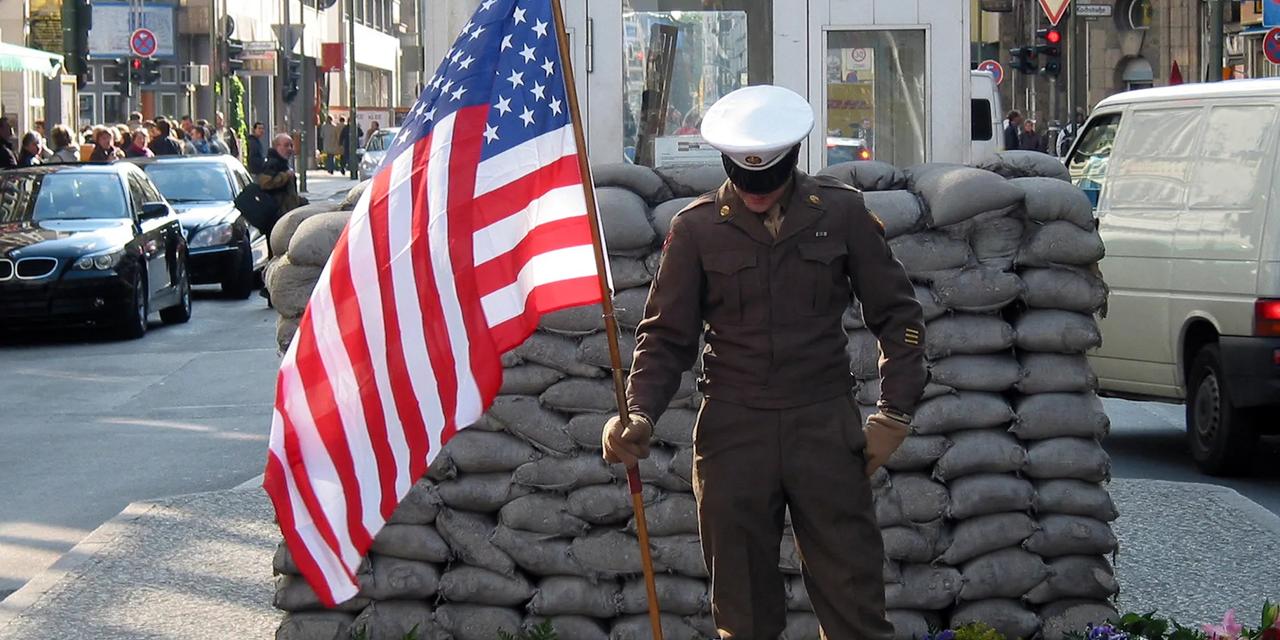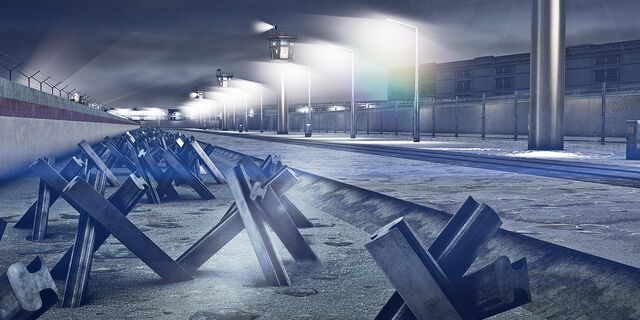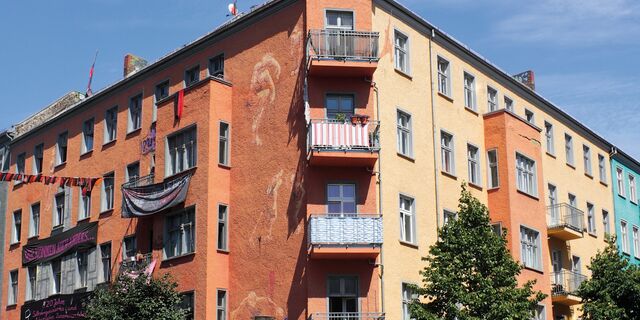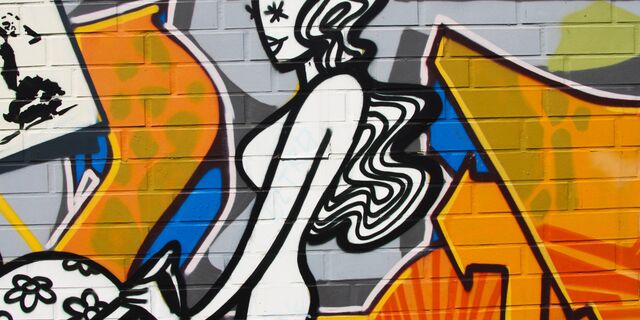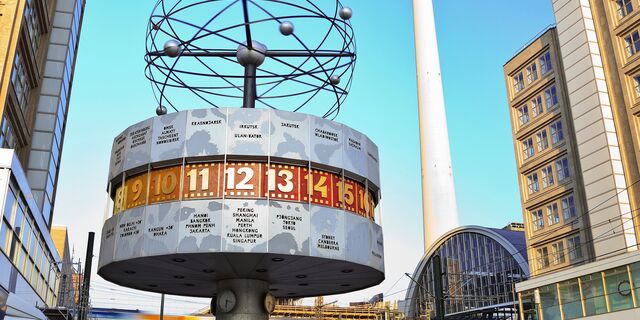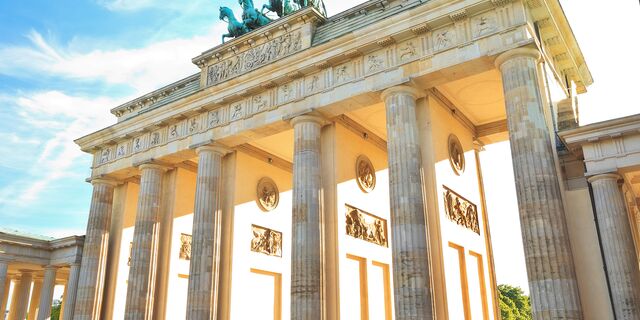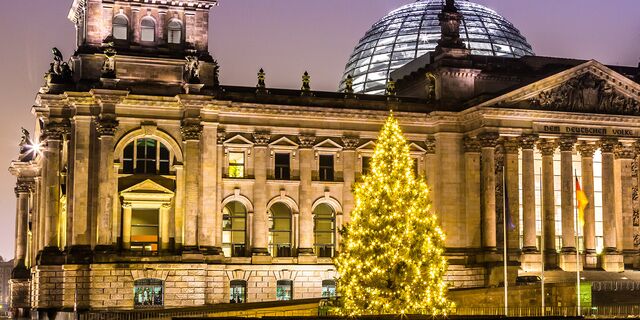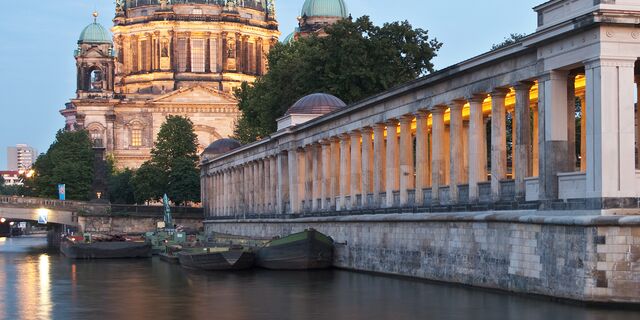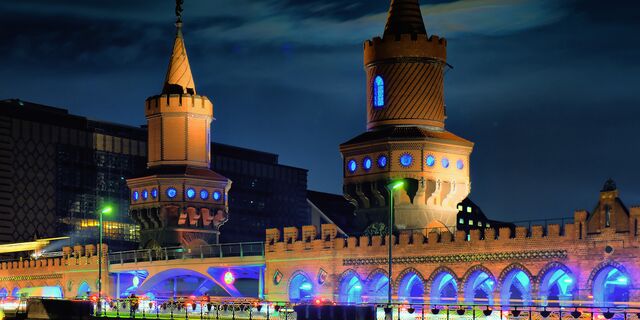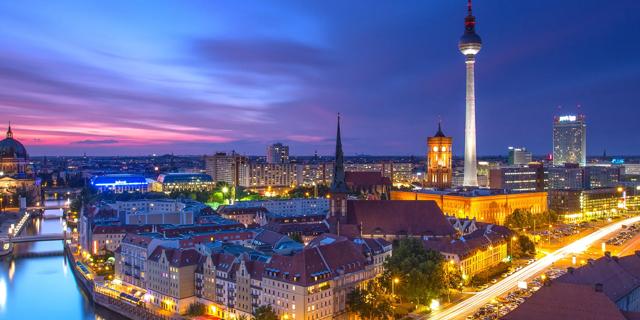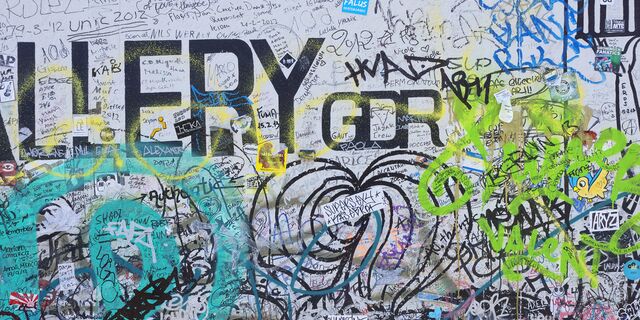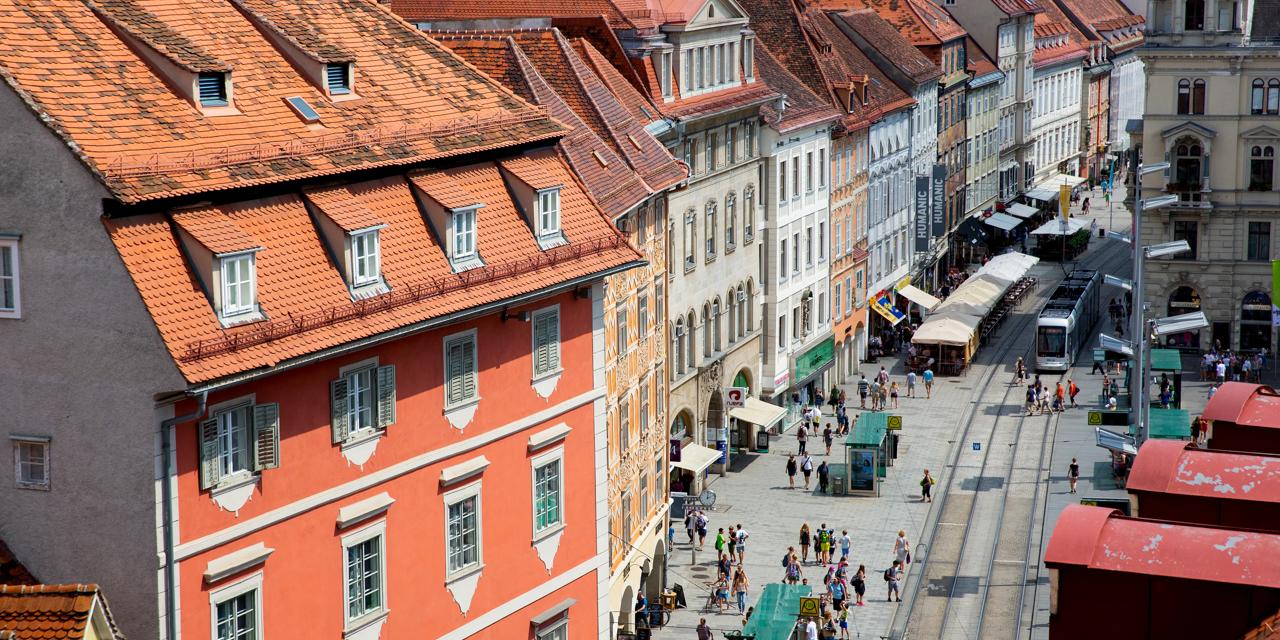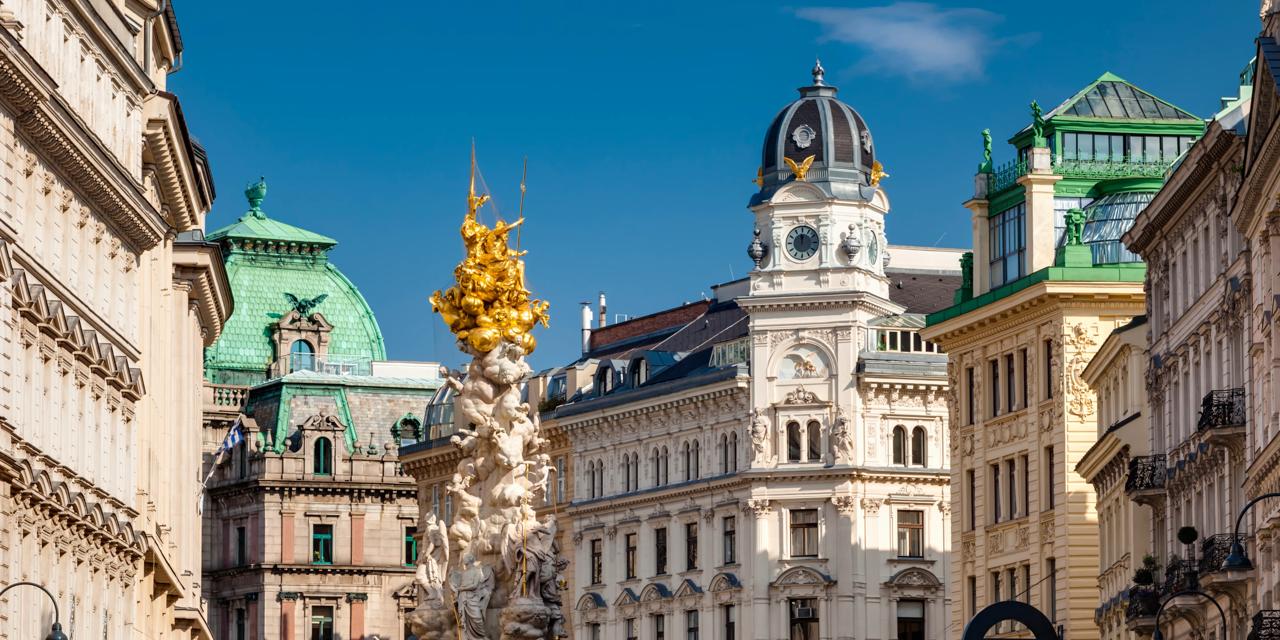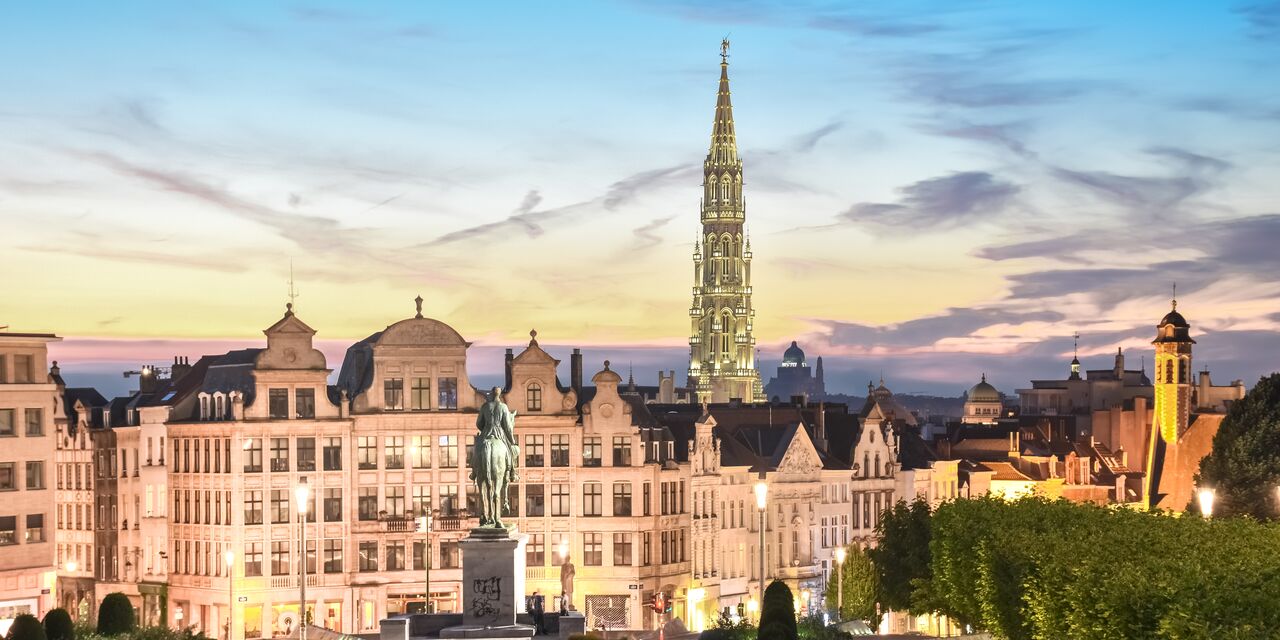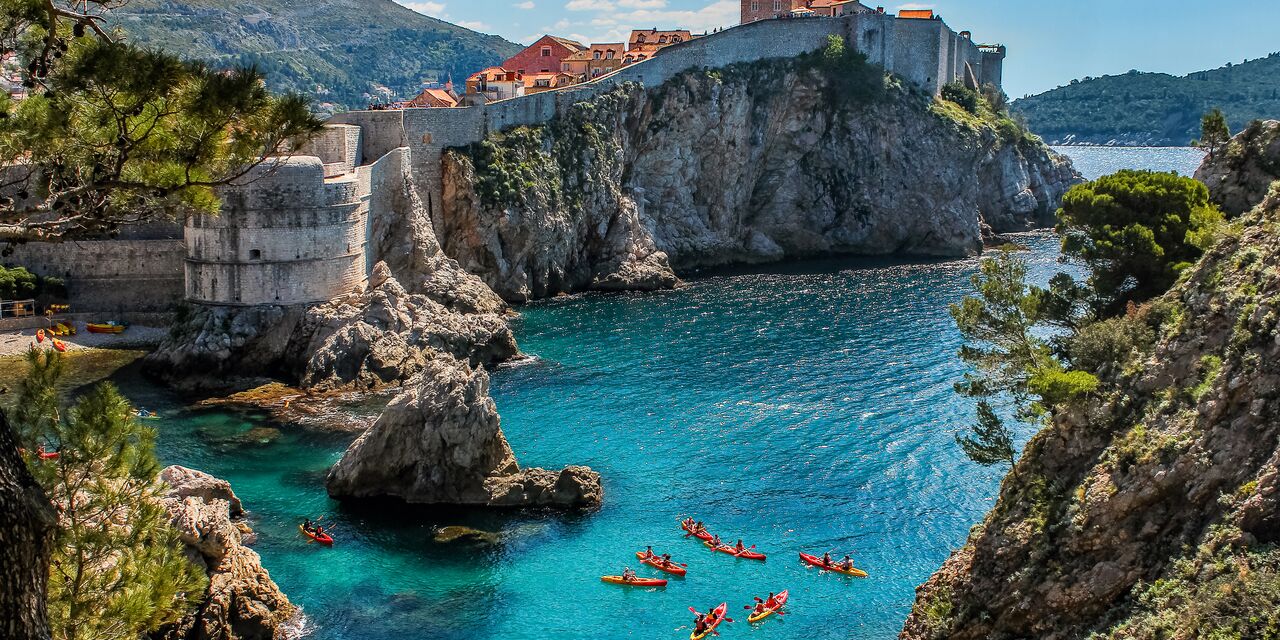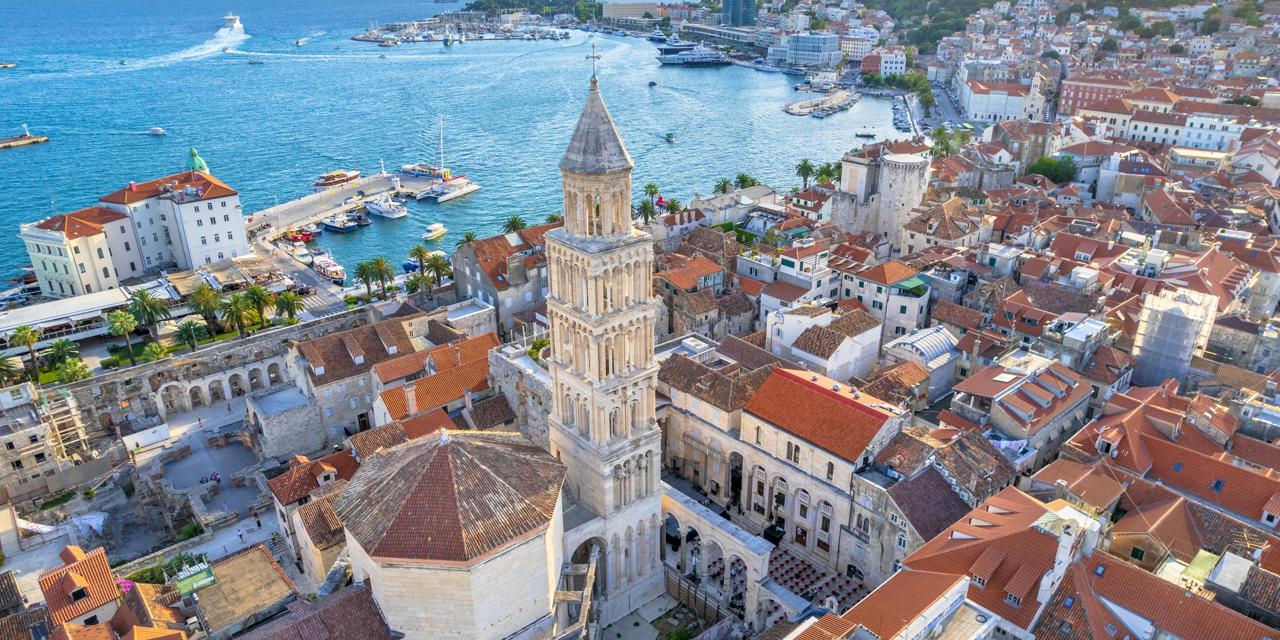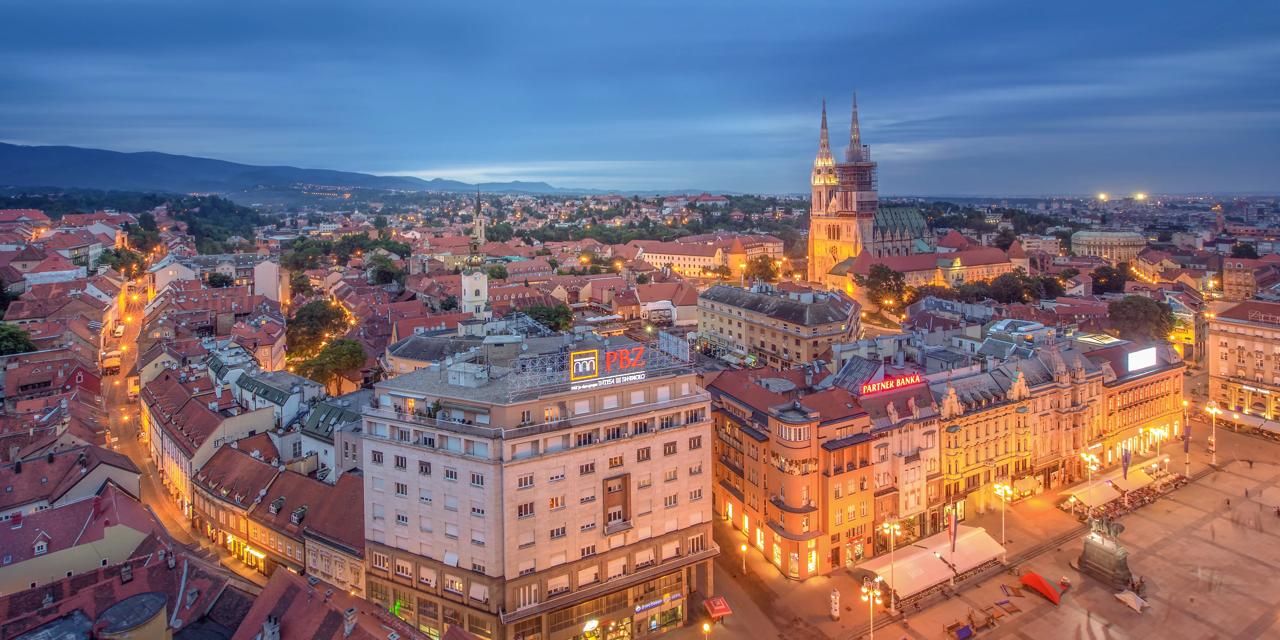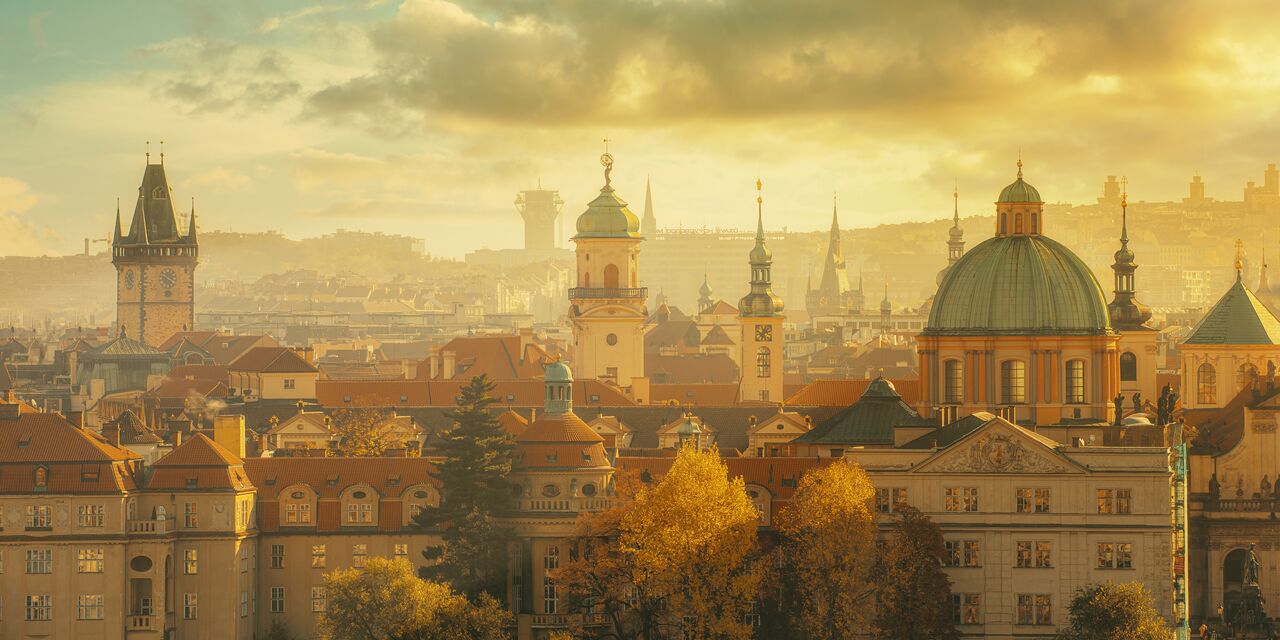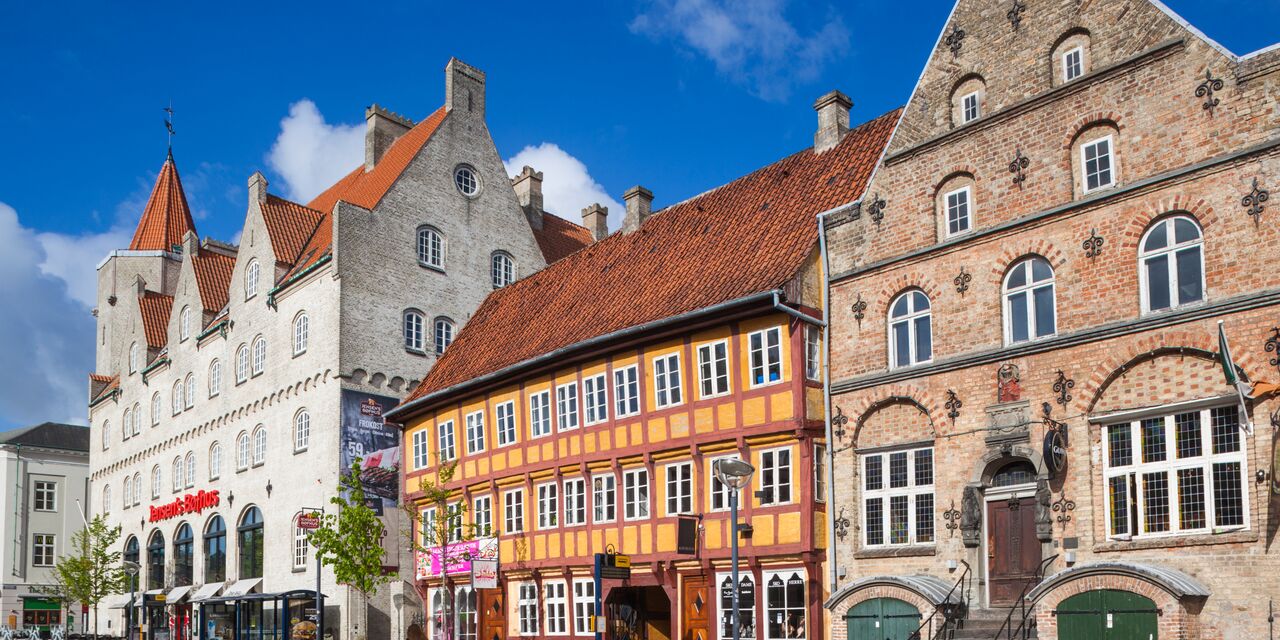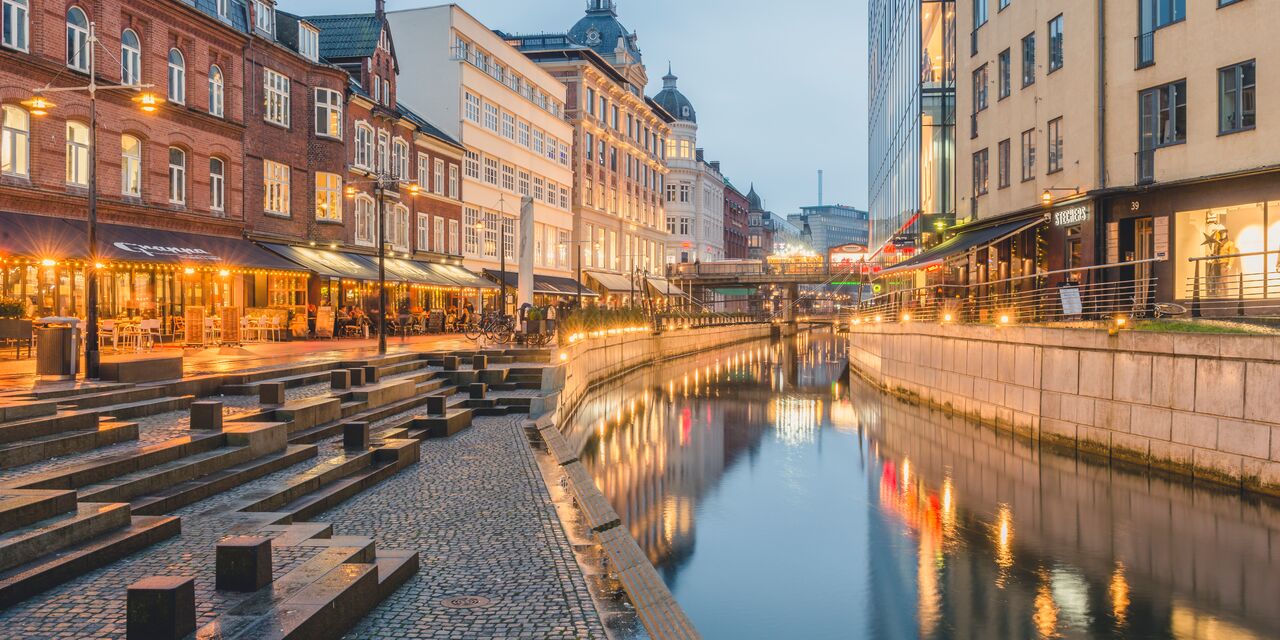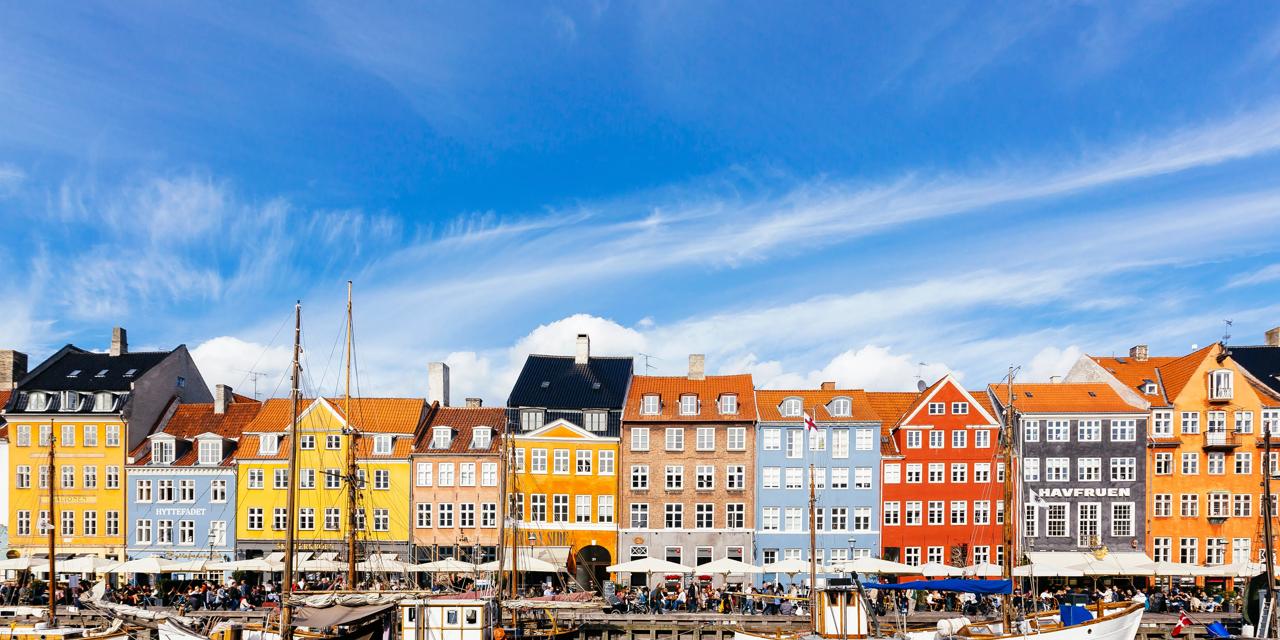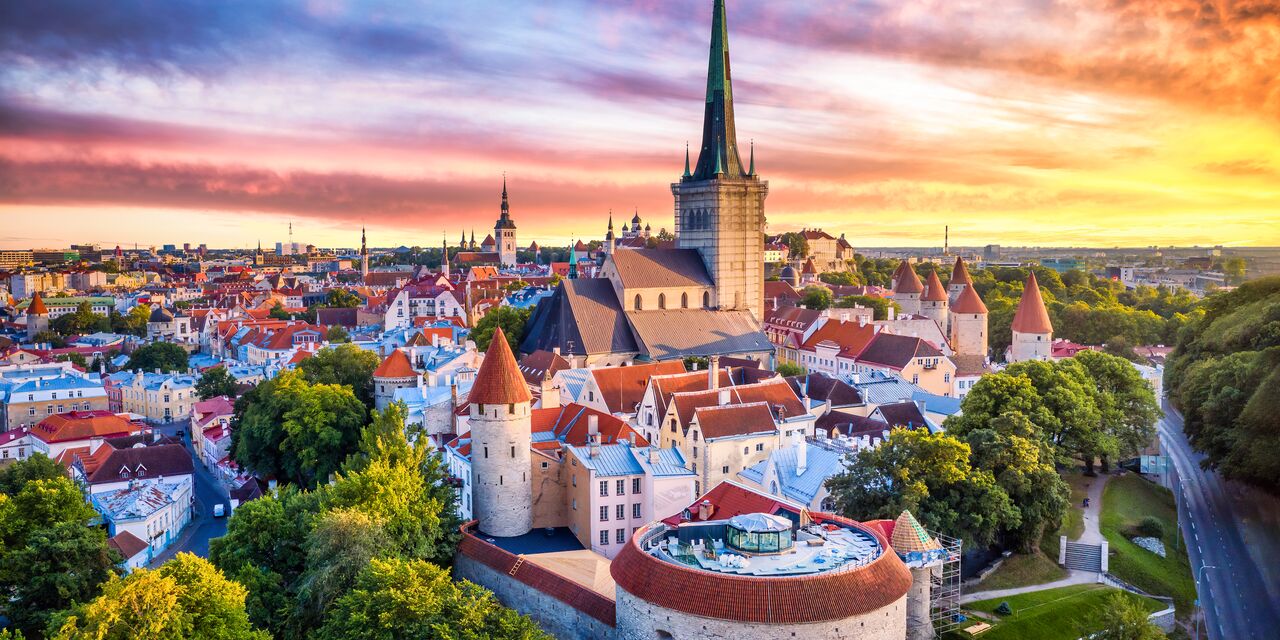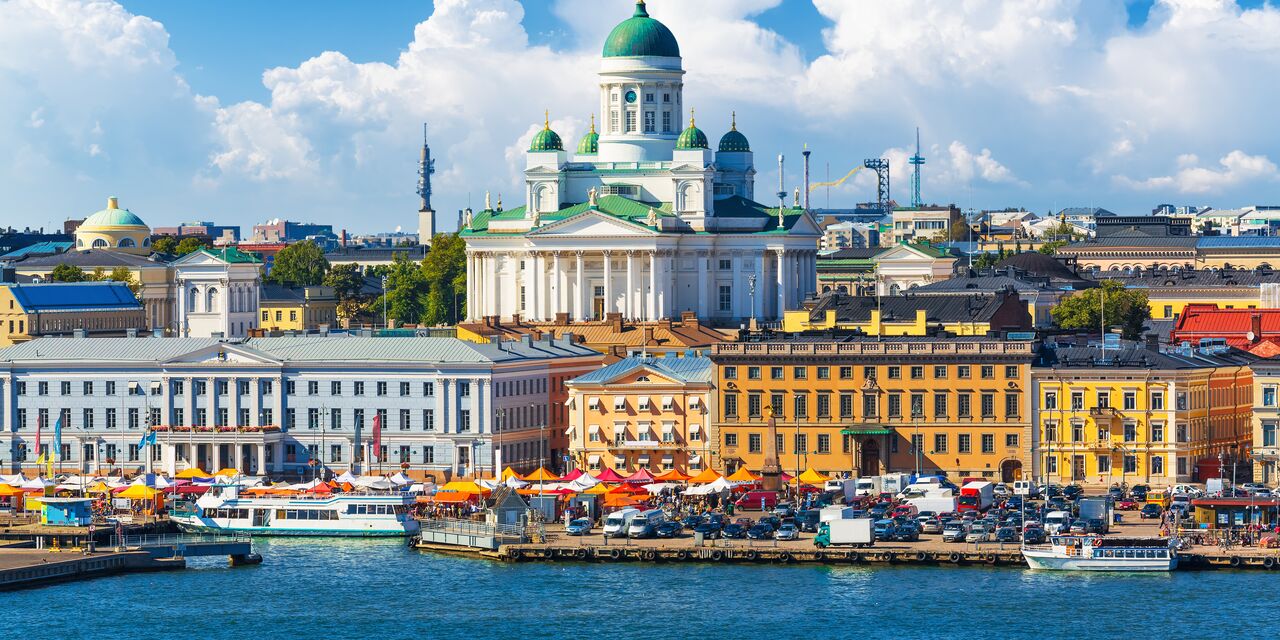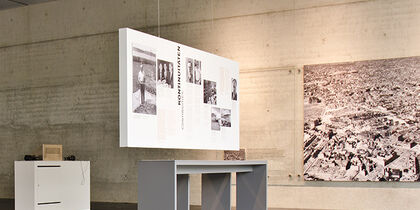
The terror of World War II
During Nazi rule, the Prinz-Albrecht-Straße was probably the most haunting street in the world; it was home to the headquarters of the Sicherheitsdienst, the Gestapo and the SS. In 1945 these buildings were bombed to smithereens. The monument ‘Topographie des Terrors’ now stands near the remaining section of the Berlin Wall, at the former location of the torture chamber. What started as a simple open air display about the atrocities of the Nazi regime has grown into a modern exhibition building and documentation centre.
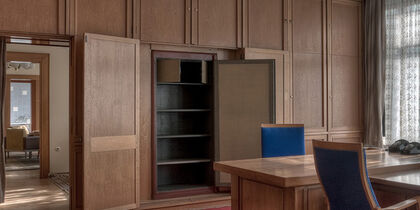
Covert Stasi operations
The colossal headquarters of the all-powerful and much feared secret service of the GDR, the Staatssicherheitsdienst, now houses a museum. There are exhibitions which tell of the many covert Stasi operations, with display cases full of espionage tools such as tiny cameras that fit into the door of a Trabant car. Perhaps even more intriguing are the various rooms and offices that have been preserved in their original state. Visit the office and private quarters of the head of the Stasi secret police, Erich Mielke, as well as the offices of his spies, meeting rooms and the staff cafeteria.
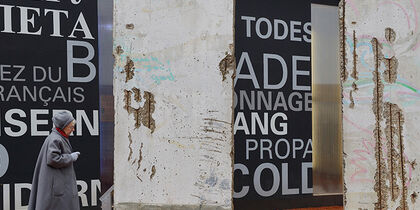
Over the wall at Checkpoint Charlie
This Wall museum was opened only a year after construction of the Berlin Wall began in 1961. Originally the museum was housed in an apartment on Bernauer Straße, where a section of the Wall still stands, but shortly afterwards the museum was moved to its current location near Checkpoint Charlie – the most famous and notorious border crossing station between East and West Berlin. Where people once gathered to plan their escape, you can now learn about the history of the Wall. The numerous creative ways in which some 5,000 East Germans managed to escape attest to the resourcefulness of people. It offers a welcome relief from all the horrors of war.

